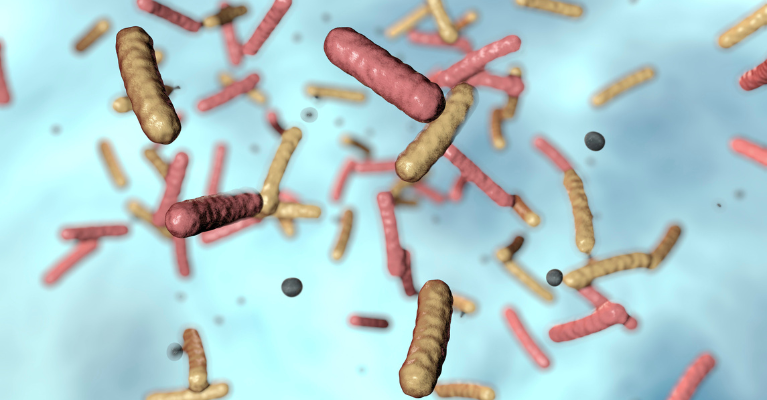Healthcare Alerts| Infectious Diseases | Cholera
WHO Notice of Cholera Outbreak in Angola
Time to read: 00:45
Type of article: News
MedED Catalogue Reference: MNC005
Category: News
Category Cross-reference: Infectious Diseases
Keywords: cholera, infectious diseases
Top

28 March 2025, 14:45
Source: WHO Press Release
- Start Press Release -
Angola has been experiencing a substantial cholera outbreak, which started in January 2025.
As of 23 March 2025, a total of 8543 cases and 329 deaths (Case Fatality Rate (CFR) 3.9%) have been reported, with one-third of the deaths occurring in the community. The outbreak has rapidly spread to 16 out of Angola’s 21 provinces, affecting individuals of all age groups, with the highest burden among those under 20 years old.
The Ministry of Health, with support from WHO and partners, is managing the cholera outbreak response through case detection, deployment of rapid response teams, community engagement and a vaccination campaign.
Given the rapidly evolving outbreak, ongoing rainy season, and cross-border movement with neighbouring countries, WHO assesses the risk of further transmission in Angola and surrounding areas as very high.
- End Press Release-
Access the Risk Assessment
WHO | Full Risk Assessment available here
Access all Cholera Resources & Updates
Back to top
Disclaimer
This article is compiled from various resources researched and compiled by the contributor. It is in no way presented as an original work. Every effort has been made to correctly attribute quotes and content. Where possible all information has been independently verified. The Medical Education Network bears no responsibility for any inaccuracies which may occur from the use of third-party sources. If you have any queries regarding this article contact us
Fact-checking Policy
The Medical Education Network makes every effort to review and fact-check the articles used as source material in our summaries and original material. We have strict guidelines in relation to the publications we use as our source data, favouring peer-reviewed research wherever possible. Every effort is made to ensure that the information contained here is an accurate reflection of the original material. Should you find inaccuracies, out of date content or have any additional issues with our articles, please make use of the contact us form to notify us.


